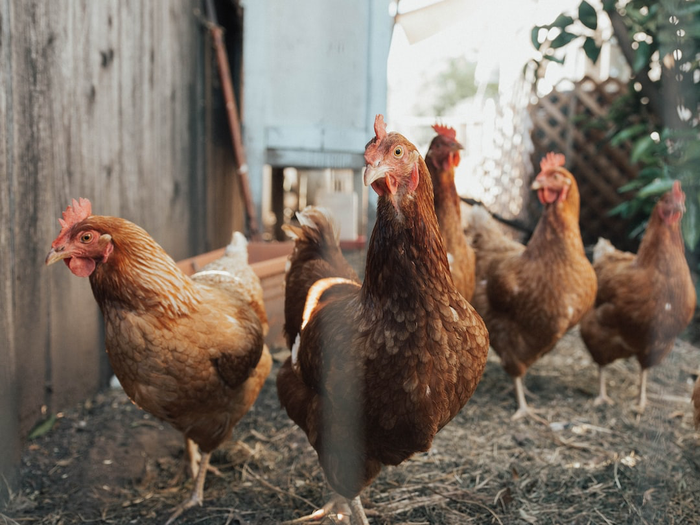A Guide to Deworming Your Feathered Flock

Deworming your racing pigeons, chickens, peafowl or other farm animals is always important. Deworming with an anti parasitic once or twice a year will improve the overall health of your animals. There is rarely resistance like there is while using antibiotics so do not worry about that aspect. However, using a very potent dewormer that could deworm a 2,000 pound horse has always made me a little nervous as my pigeons only weigh 1-2 pounds each. In this article I will share with you how to properly deworm your pigeons or chickens. First we must talk about which medication to use.
My education on deworming pigeons was given to me by other expert fanciers, all of which have been around for many years. These old timers have taught me their tried and true methods. Most recently I went over this subject again with my brother Johnny K, author of some other articles on this blog. He has a background in health care specifically working as a lab scientist for 15+ years. Any article about medications, gut health and bacteria/antibiotics will hold information of great value from Johnny K.
We use a medication called Quest Plus Horse Dewormer. Now, the regular Quest will definitely deworm your birds for multiple species of parasites. However, the Quest Plus which has Moxidectin AND praziquantel is the way to go. Quest Plus is a much more broad spectrum anti parasitic deworming against roundworms, pinworms, tapeworms and many rarely mentioned. If the "basic" Quest with only Moxidectin is the only one available near you this one will work. If possible, try to get the Quest Plus. I will share a link below to both.
If your only option is the normal quest in your area, it will still be beneficial to use.
Dosing:
Dosing is likely the most confusing topic around deworming especially with using such a potent dewormer for a smaller animal. After opening your dewormer, you will want to adjust the dial a couple "clicks" and then push the plunger until the med comes out. Once it comes out, wipe it clean so you are starting with a full dose. Next spin the "dial" until there are clearly 3 clicks on the syringe. The 3 clicks is the dose you will use for 1 gallon of water. It is better to do slightly over 3 clicks than slightly under. I have even done 4 clicks but 3 seems to work just as good with less stress to the birds body. Some fanciers like to put it in a blender however, I have not found this necessary. I find it easiest to mix this med in a gallon milk container or water jug with lid. Fill it about halfway with water (tap water is fine if that's what you give your birds) and shake it. Next finish filling the full gallon.
Duration:
This next few tips are very important. Most types of birds will get one taste and not want to drink anymore of a medicated water. It is important to leave this medicated water as the ONLY water available for the birds for 48-72 hours. I have used the same dose for 3 days with good results. If you have the time to make a fresh dose each day, this would be ideal. Due to the life cycle of the parasite eggs, I recommend re-dosing 10 days after the initial dose. Use the same method mentioned previously.
Eggs:
Make sure to toss your eggs from the first day of the first dose until 2 weeks after the second dose is finished. It sounds like a long time and a ton of eggs being tossed but it will be worth it when you have very healthy and robust chickens that are laying phenomenal quality eggs! Try to deworm your birds between December and February. I also like to deworm one time mid summer. Maybe June or July. Whatever works best for you.
With so much confusion around this topic, I decided to write this article as it has always been a concern of mine. Now that I am comfortable with doing this every season, I am happy to share this knowledge with you. For the avid pigeon racer, some fanciers have improved results by deworming their birds mid season. We hope this will improve the overall health of your flock.
Happy homesteading!
- Phil at the DIY Homesteader

